Cleaning
Grandma’s Housekeeping Cleaning Agents You Need To Have!
If you walk down any supermarket aisle and you will be blown away by the number of housekeeping cleaning agents there are to choose from. Join any of the popular Facebook cleaning groups (follow this link to be invited to my group) and you will see hundreds of people hoarding the most popular cleaning products and sanitizing agents like they are going out of fashion.
If you’ve read a few of my cleaning related posts you will know that I prefer the good old-fashioned way of scrubbing things clean rather than trying to find different types of cleaners that only do one job.
I like multipurpose cleaners which don’t take up loads of space in my cupboards. So, I’ve decided to share with you some of the more traditional housekeeping cleaning agents I keep in my cleaning kit!
What is a cleaning agent?
Housekeeping cleaning agents are substances used to remove dirt, dust, stains and bad smells from surfaces.
These traditional old- fashioned cleaners which you will probably have at home, will replace most of those toxic chemical cleaners you see on the supermarket shelves.
Why not have some fun trying out some cleaning chemistry lessons with the kids, let them watch as you’re mixing your cleaning liquids and pastes and let them see the stains, limescale and soap scum disappear, there’s plenty of things to learn about chemistry in cleaning!
The importance of cleaning agents.
We need cleaning agents to keep our home healthy and free from dirt, germs and other contaminants to prevent the spread of infectious diseases and the growth of mold and dust.
Some household cleaners and detergents such as disinfectants, surfactants, liquid fabric softeners, tumble dryer sheets and shampoos contain quaternary ammonium compounds. These compounds can cause a range of health effects, amongst which are mild skin and respiratory irritation, up to severe caustic burns on the skin and the gastrointestinal wall, nausea, vomiting, coma, convulsions, hypotension and sometimes even death.
They are also thought to be responsible for anaphylactic shock and contact dermatitus in the hands.
So there’s never been a better time to revert back to the same housekeeping cleaning agents that our grandma used to use!
This post contains affiliate links, and The Organizer UK may earn commissions for purchases made through the links in this post. For more details, see here. Thank you so much for your support!
Grannys traditional cleaning agents
Pure Soap
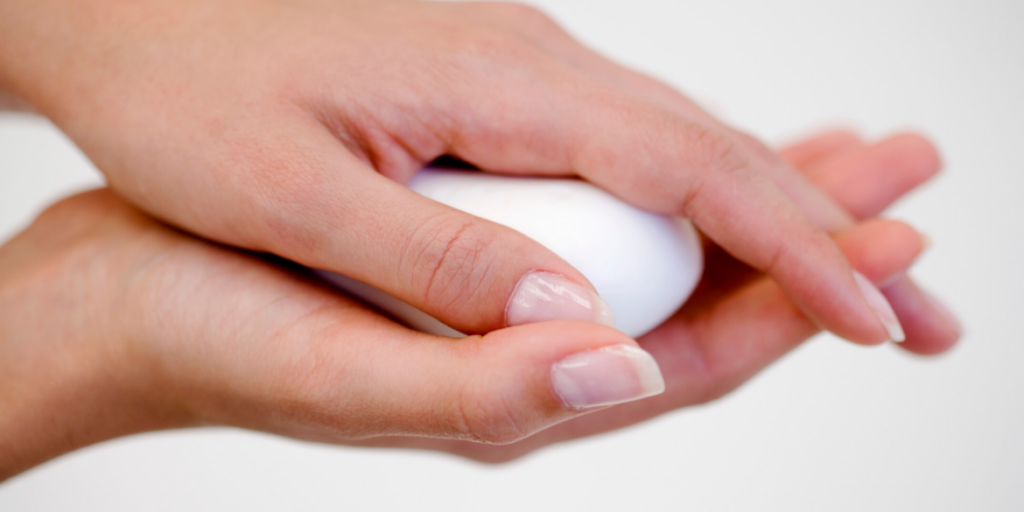
Pure soaps can be made with either coconut oil or olive oil. They are used for washing delicate items of clothes. They do not contain any animal products.
You can make your own pure soap flakes by grating a bar of pure soap or you can buy ready grated pure soap flakes here or by the washing power, in the supermarket.
To wash delicate items of clothing use:
- 1-2 tablespoons of soap flakes
- Large tub of water
- Dissolve the soap flakes in a small amount of boiling water then add to the tub of water.
For an all-purpose cleaner use .
- 1 tablespoon of soap flakes
- 1 litre of distilled water
- Dissolve the soap flakes in a small amount of boiling water, add to the rest of the water and shake well.
- Store in a spray bottle and use to clean most hard surfaces can be used for toilet bowl cleaners too!
To use as a scrub
- Dissolve some soap flakes into a small amount of hot water then mix with some baking soda to make a fluffy paste.
- Use the paste to remove any stubborn stains instead of using abrasive cleaners and other harsh cleaning chemicals, cleaning pastes and powders.
Cream of tartar.
- Cream of tartar is a mild acid cleaner and can be mixed with equal parts vinegar for a non-abrasive cleaner and as an alternative to household bleach.
- Mix it with hydrogen peroxide to make a tough cleaning acid for removing stubborn grease from pots and pans. I think this is one of the best cleaning agents for burnt-on grease and its one I use all the time!
Hydrogen peroxide
Hydrogen peroxide can be mixed with other products in granny’s cleaning kit, such as bicarbonate of soda or used neat to remove stains from mattresses.
Salt
- Salt has many uses in Granny’s cleaning kit, it is mildly abrasive and can be mixed with many things to form a poultice for stubborn stains.
- Salt (sodium chloride) is thought to kill bacteria and may have some disinfectant properties as well as being one of the best natural abrasive cleaning agents around.
- When mixed with lemon juice it can be used for a wide range of cleaning tasks.
White vinegar.
- Vinegar is one of my favourite cleaning solutions as it is so cheap and can be used for so many different cleaning tasks, it is one of the best all-purpose cleaners.
- Vinegar is a mild acid cleansing agent which helps to cut through grease, it can help to prevent the growth of mould and it is safe to use in food preparation areas.
- My favourite way to use vinegar is to heat it and mix it with dishwashing detergent to make a soap scum remover, read how I do it in this post,
- This homemade soap scum remover is one of my favourite non-abrasive cleaning agents for the bathroom.
- Neat vinegar can also be used to remove limescale from around your taps. White vinegar is acid and is your best friend when it comes to battling mineral deposits. mineral deposits are made from calcium and other minerals which build up around your faucets on your glass shower screens. the acid in vinegar eats away at the calcium and other minerals that have caused a build-up.
- White vinegar can be used as a glass cleaner and for cleaning stainless steel too, read how in this post!
- White vinegar is acid and is your best friend when it comes to removing
Lemons
Who doesn’t love the smell of lemons? They are not just for putting in a gin and tonic you know!
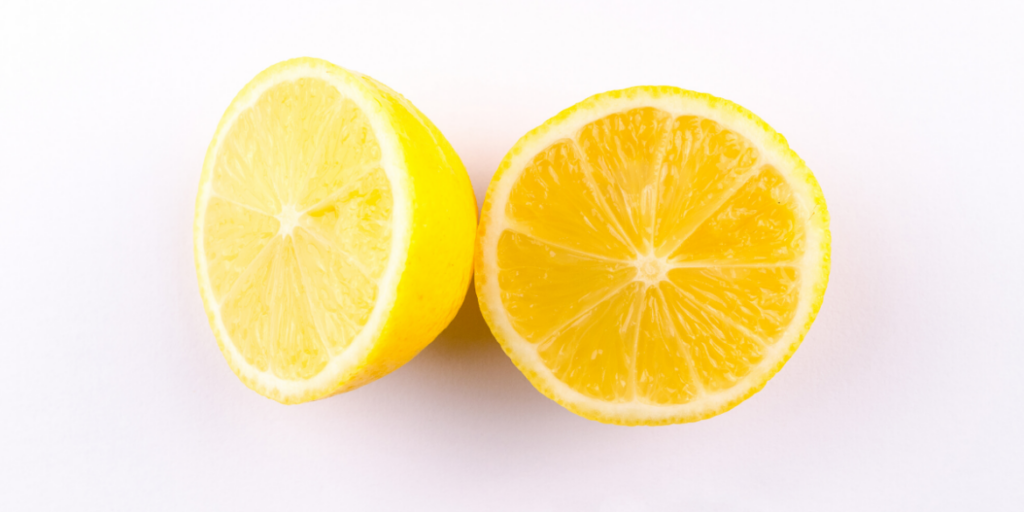
- Lemons are a natural bleach.
- Try making some mild acid cleaners by mixing lemon juice with baking soda or salt to form a powerful paste.
- Use the paste to remove most household stains.
- The paste is also effective as oven cleaner too, rather than using the highly toxic sodium hydroxide-based oven cleaners.
- Use half a lemon dipped in salt to clean and deodorize your chopping board.
- Using a lemon cut in half will remove limescale from the bathroom sink and tub.
- Lemon can be used as an ingredient in many of your homemade all-purpose cleaners.
- Lemon juice is great at removing hard white mineral deposits from faucets and showerheads.
Borax.
- Borax is a natural alkaline mineral salt, which can be used as a water softener for hard water.
- It can be used as a disinfectant and a stain remover.
- Mix borax with salt and vinegar and use a stain remover in carpet cleaning.
Please be careful using any borax products around children or animals as they are highly poisonous. Gloves should also always be worn when handling borax products.
Borax is one of the best alkaline cleaners to keep in your kit.
Washing soda or soda crystals.
- Washing soda is the base for many laundry detergents and cuts though greasy and fatty deposits.
- It is perfect for putting down drains and sinks and plug holes.
- It is also a highly toxic detergent alkaline, so gloves should be worn at all times.
- Use washing soda for alkaline cleaning and to remove soil from the laundry.
- Soda crystals are often used in commercial kitchens to remove greasy build-up from pots and pans, drip trays and oven racks.
- Soda crystals can also be used to clean your washing machine and as an alkaline detergent.
- 1/4 cup of washing soda can be mixed with 1/4 cup of white vinegar, a dash of dish soap and 2 gallons of hot tap water to make a lovely DIY floor cleaner.
Many laundry agents used in hotels still contain phosphates which have been banned in residential laundry detergents. Phosphates contribute to oxygen deprivation in the oceans and can still be found in many other household cleaners, so there’s no better time to banish those shop-bought cleaners!
Baking soda or sodium bicarbonate
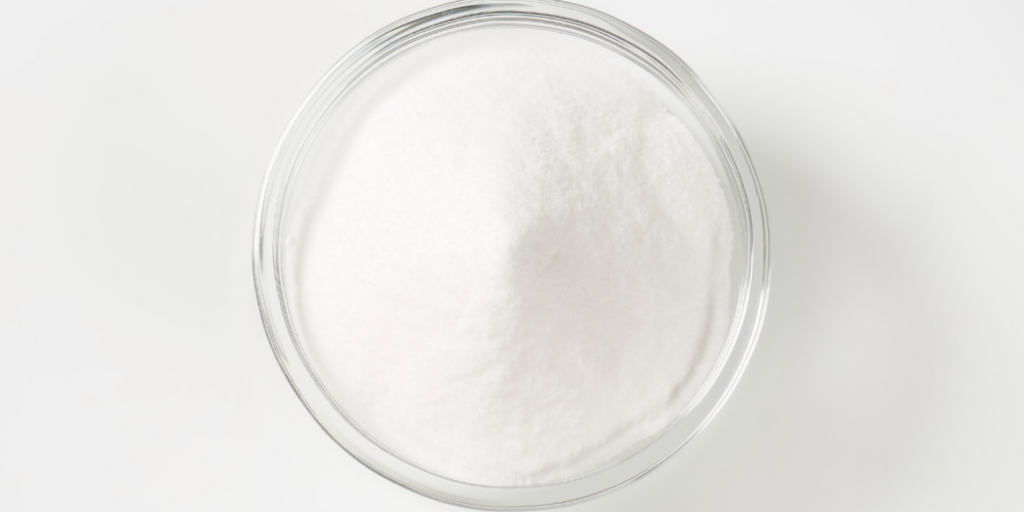
- Baking soda is a mildly abrasive cleaning agent and it is really effective as an agent used to remove dirt and stains.
- Baking soda is great for deodorizing smelly pongs that might pop up on your mattress.
- You can mix 1 teaspoon of baking soda with 300mls of water to clean and deodorize the inside of your stinky fridge.
- It can be used for removing stains on granite find out how in this post!
- It is safe for cleaning travertine tiles, read this post
- It is also great for cleaning blood stains off a mattress, read this post to find out how.
- Mix equal parts baking soda and lemon juice to remove mould and mildew from tiles, find out how in this post.
- It is one of my favourite ingredients for many of my homemade cleaning agents.
- baking soda can be used to get urine stains out of a mattress, you can read how in this post.
Essential oils
Ooh, I love the amazing smell of essential oils and guess what? They are not just to use when you’re practising five minutes of self-care!
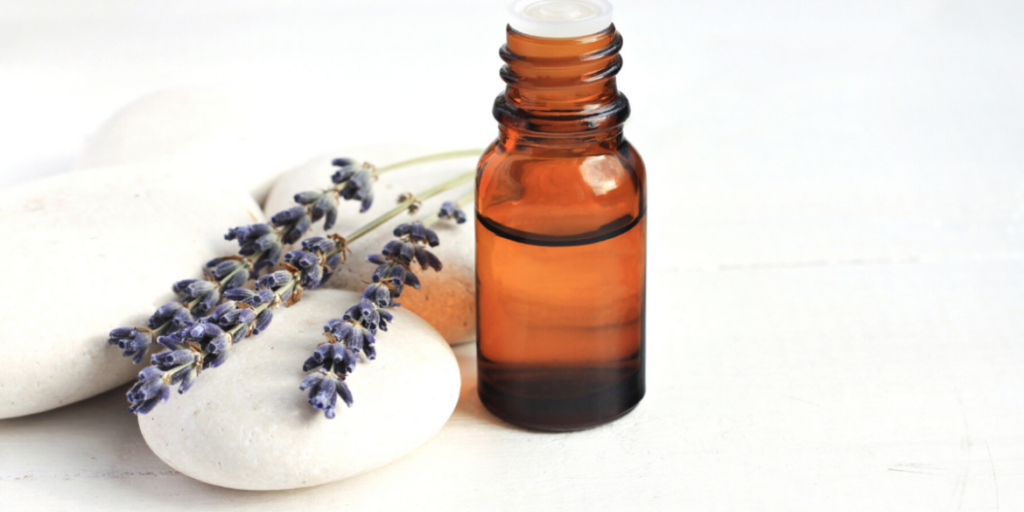
My favorite essential oils for cleaning are:
- Any Citrus oils
- Mint
- Tea tree
- Aniseed.
- Pine oil
Some essential oils have antibacterial properties these are:
- Eucalyptus
- Lemon
- Lavender
- Tea tree oil
- Clove
- Cinnamon
- Thyme
- Oregano
- Rosemary
Some essential oils have antifungal properties these are:
- Lemon
- Tea tree oil
- Lavender
- Clove
- Thyme
- Cinnamon
- Citronella
- Geranium
- Lemongrass
- Peppermint
- Eucalyptus
- Oregano.
Fresh mint helps to keep ants away, so planting some around the doors of your home can help to deter them!
Rubbing alcohol
This is truly one of my top 10 cleaning agents and I use it to clean so many things at work and around the home.
As a qualified pharmacy technician, I spent many days inside an aseptic suite manufacturing chemotherapy and TPN feed bags. The aseptic suite was a sterile unit with HEPA filtered air so everything needed to be sprayed down with IPA (alcohol) before it went into the unit.
We also cleaned everything inside the unit with alcohol, including all the stainless-steel trolleys and equipment.
- I use rubbing alcohol to get streak-free glass and chrome every time, read how I do it here!
- Rubbing alcohol is great for cleaning stainless steel.
- Use it to remove hairspray from mirrors.
- Remove frost from car windows.
- You can soak your kitchen cloths and sponges in it to give them a clean.
- Sanitise your cleaning tools by spraying them with rubbing alcohol.
- Clean your sink to sanitise it and make it sparkle.
- Remove ink and permanent marker from the laundry.
- Use to remove stains on microfiber furniture.
- Disinfect remote controls, phones and keyboards.
Glycerin.
This silky-smooth product can be used to
- Loosen sticky labels
- Remove berry stains from clothing
- Remove coffee stains
- Remove self-tan from clothes
If you prefer to clean without using bleach ( sodium hypochlorite ), you might like to read how I get my toilet clean without using a brush or bleach!
FAQ
You do not have to have any training to be a professional cleaner by you will have to follow some sort of training when you join a cleaning company or if you are joining a hotel housekeeping team.
they will help you understand the cleaning agents used and teach you the difference between their all purpose cleaners, abrasives and heavy duty cleaners.
I like to use salt or sodium bicarbonate instead of using one of the more commonly used abrasives.
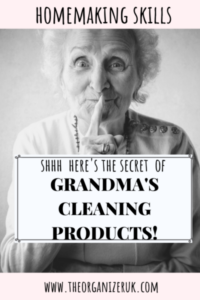
Do you know any housekeeping cleaning agents that your grandma used to swear by? I’d love to hear about your grandma’s tips and housekeeping cleaning agents in the comments!
